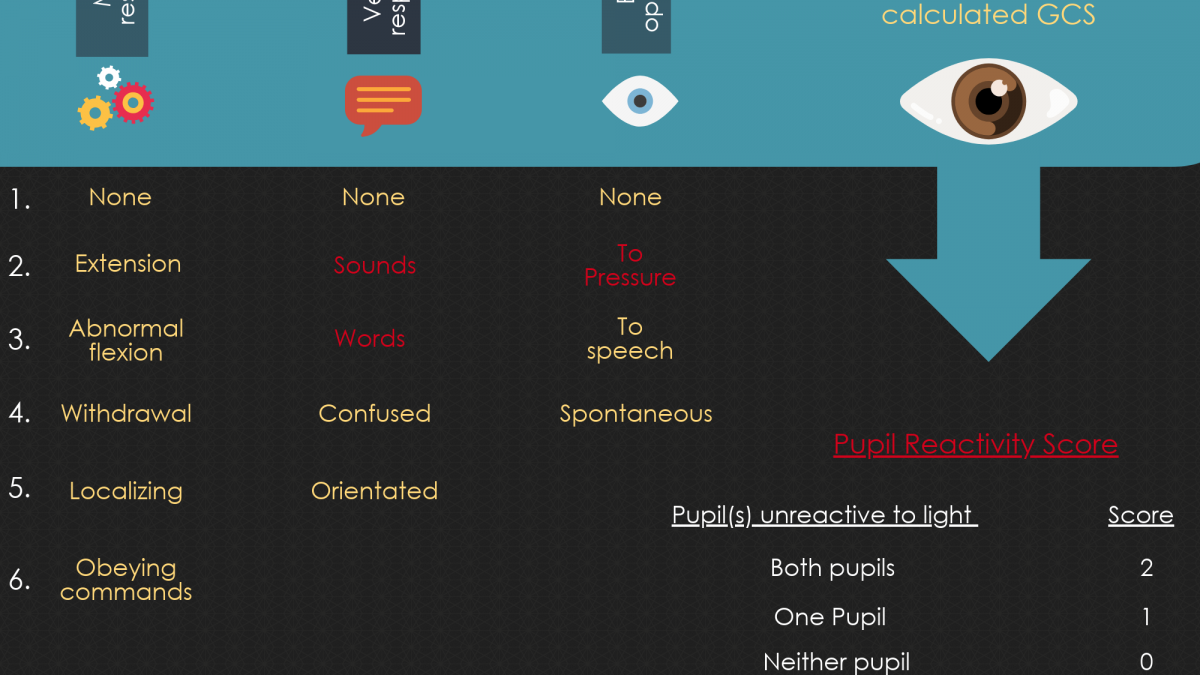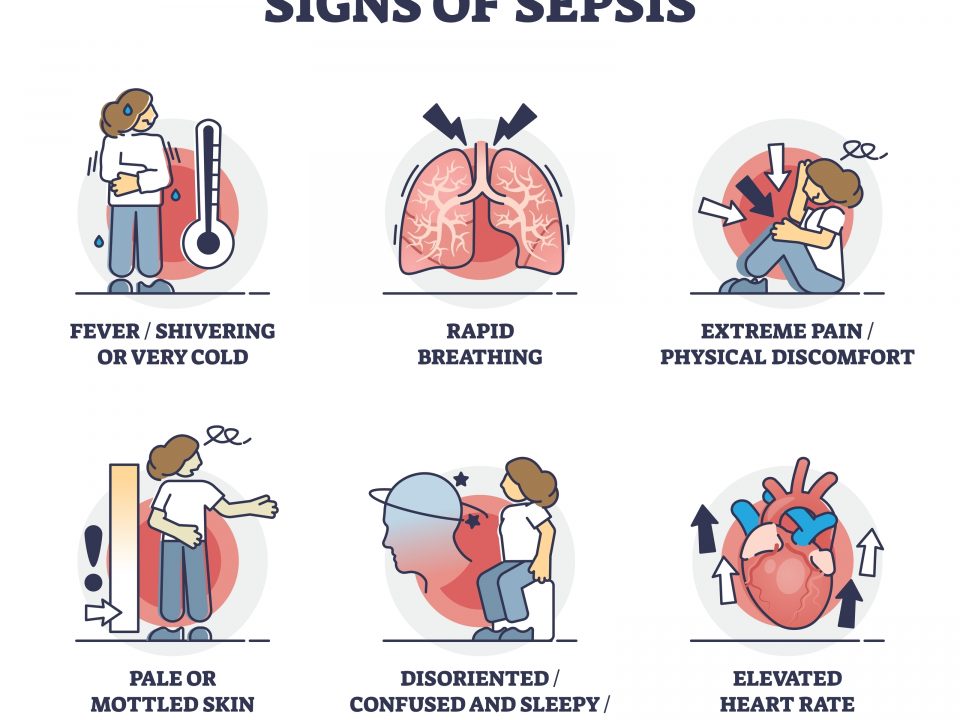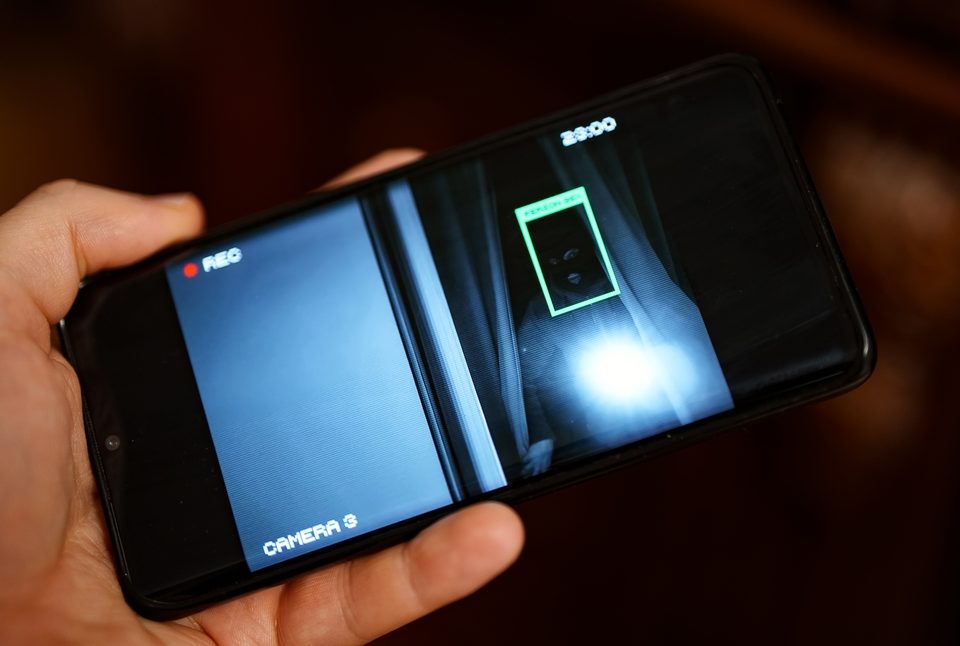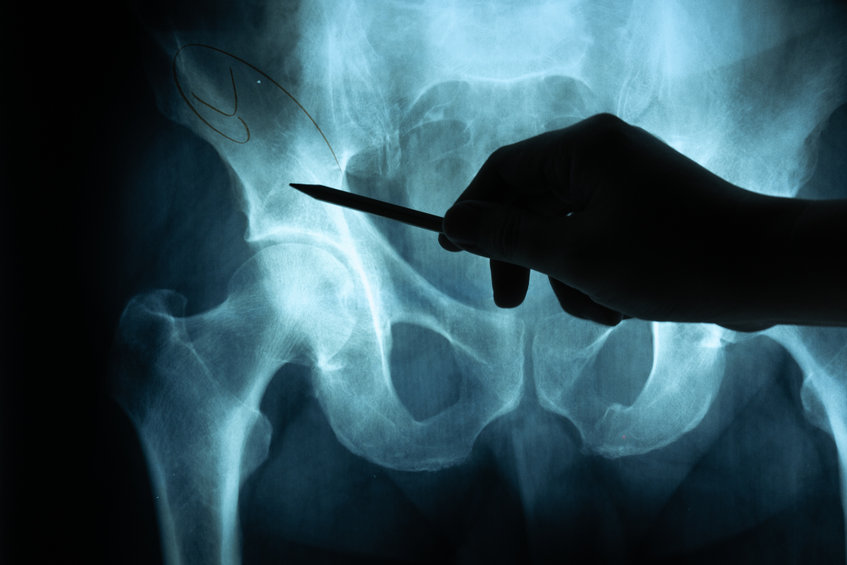
Missed Fractures: NHS Resolution Report
20th April 2022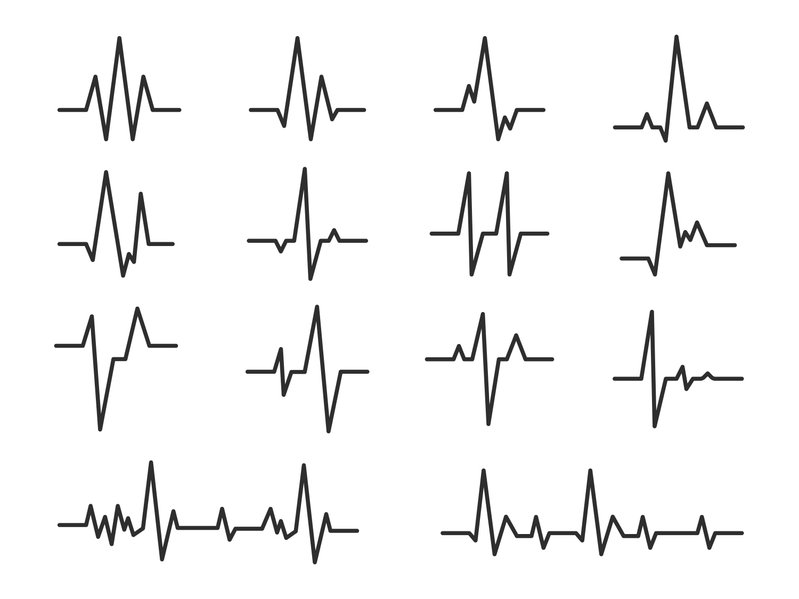
Cardiac Arrythmias Defined
3rd May 2022The Glasgow Coma Scale is a measure of the level of consciousness in someone who has suffered a traumatic brain injury. The scale was developed in 1974 and has been updated regularly ever since. The latest update, known as the Glasgow Coma Scale 2022, was released earlier this year. This article will discuss the key changes to the scale, and how they may impact medical professionals’ assessment and treatment of patients with brain injuries.
What is the Glasgow Coma Scale and what does it assist with?
The Glasgow Coma Scale (GCS) is a neurological scale that assesses a person’s level of consciousness after a head injury. It is used by medical professionals to determine the severity of the injury and to predict the chances of recovery. The scale was developed in 1974 by two neurosurgeons from Glasgow, Scotland, and has since been adopted as the gold standard for measuring coma severity.
The scale is divided into three categories: eye-opening, verbal response, and motor response. Each component is given a score of 1-4, with 4 being the highest score (i.e., alert and oriented) and 1 being the lowest score (i.e., unresponsive). The total GCS score ranges from 3 (indicating deep coma) to 12 (indicating full consciousness). The scale has been shown to be reliable and valid in predicting outcomes after brain injury, making it an essential tool for clinicians.
How was the Glasgow Coma Scale developed?
The Glasgow Coma Scale is a numeric scale that is used to assess the level of consciousness in patients who have suffered a brain injury. The scale was developed in 1974 by two neurosurgeons from the University of Glasgow, Mr Graham Teasdale and Prof Bryan Jennett.
The scale has been shown to be a reliable predictor of outcomes following brain injury, and it is now used in hospitals all over the world. Thanks to its simple yet effective design, that minimizes the differences between two individuals assessing the same patient, the Glasgow Coma Scale continues to be an indispensable tool for all clinicians from the roadside through the Emergency Department to the neurosurgical ward.
While individual scores reflect whether the patient is conscious or unconscious repeated observations that show the changes in the score can either reassure the clinician that the patient is improving or conversely indicate that the patient is deteriorating and requires further assessment and possible intervention
What are the new changes to the Glasgow Coma Scale?
In 2022, the GCS will be updated to reflect the latest scientific evidence. The most significant change is the addition of a new category, “Indeterminate,” for patients who cannot be reliably assessed due to factors such as delirium or sedation. Additionally, the scale will be restructured so that it can be more easily applied to both cardiac and trauma patients.
Some of the other biggest changes will be to the motor response and eye-opening categories. The original scale used a 5 point descriptors for motor response but this was altered to give a 6 point scale where abnormal flexion was added. However some organisations still used the 5 point scale and while the difference that this one point made did not significantly alter outcome it could lead to confusion so the authors indicate that the 6 point scale should become the only one used.
Similarly, the descriptors in the eye-opening category has been modified to assess the eye opening response as “spontaneous,” “to voice,” and “to pressure” rather than the previous descriptor or “to pain”.
The introduction of the GCS-P score
Following research using data from large trials including the CRASH trial that reducing the GCS by 1 or 2 points if either or both of the pupils were unreactive on admission improved the reliability of the GCS in predicting outcome. This of course does not obviate the initial management being managed on the basis of the clinical parameters previously discussed.
A comprehensive summary of the background to the GCS and be found at the Glasgow Coma score website where further references and information is available

